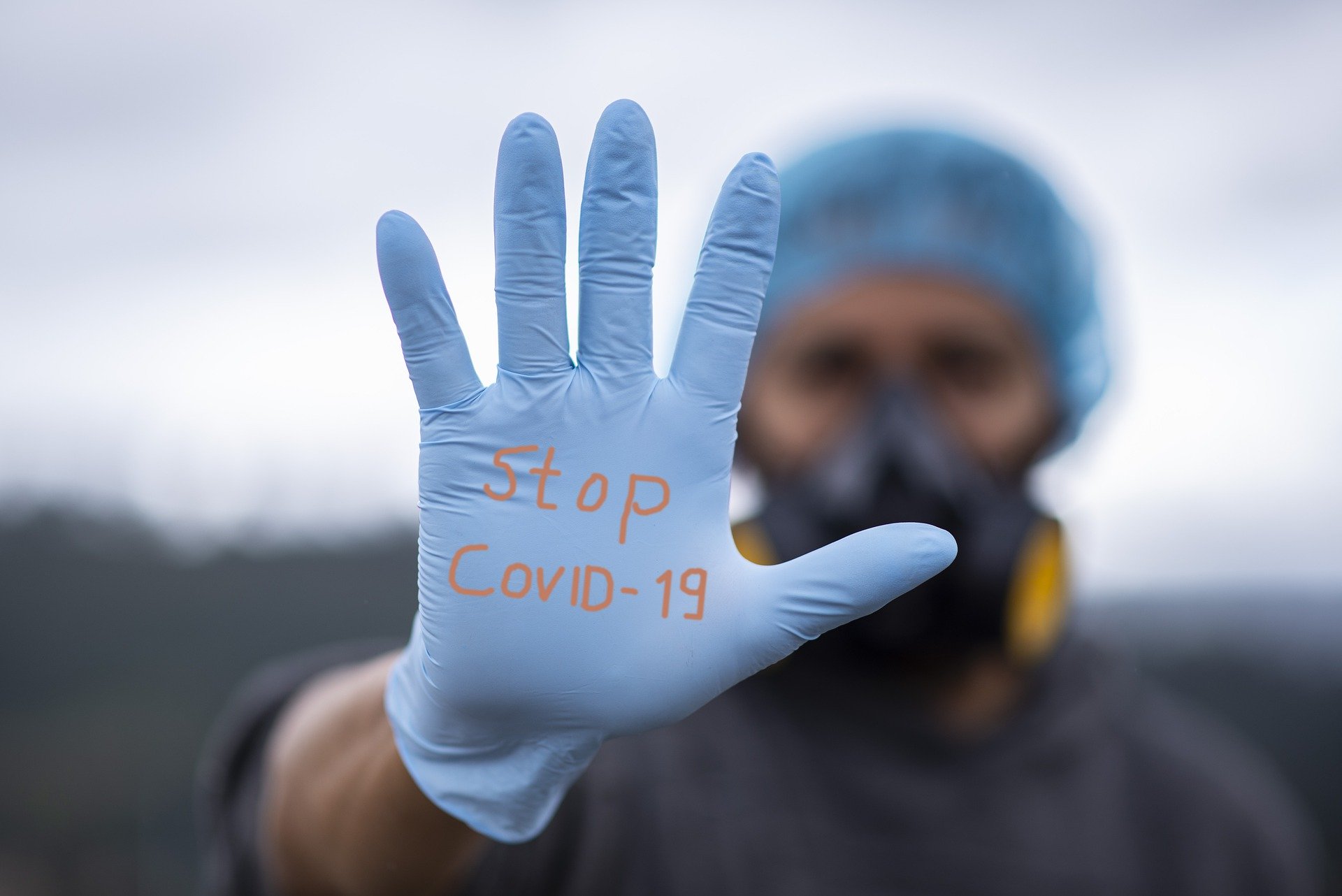It has been revealed by the researchers that a DNA test can instantly identify the minor infections in Covid-19 patients, who have the twofold risk of developing pneumonia even after being on ventilation.
What Is Covid-19 Pneumonia?
A lung infection that causes in the tiny air sacs inside your lungs is known as Pneumonia. It is difficult to breathe as they may be filled with so much fluid and pus.
Most people who get Covid-19 have mild or moderate symptoms like coughing, a fever, and shortness of breath. However, Covid-19 pneumonia is a serious illness that can be deadly.
But some who catch the new coronavirus may get severe pneumonia in both lungs. COVID-19 pneumonia is a serious illness that can be deadly.
How Does A Patient Develop Pneumonia While On Ventilation?
Mechanical ventilation is often the only way to keep the patients alive with the most severe forms of Covid-19. The doctors use anti-inflammatory therapies to treat their inflamed lungs.
These patients are more vulnerable to further infections from bacteria and fungi that they may acquire while in the hospital which is also called ‘ventilator-associated pneumonia’.
How Likely Covid-19 Patents Can Develop Pneumonia?
Co-author Andrew Conway Morris from the University of Cambridge said, “Early on in the pandemic, we noticed that Covid-19 patients appeared to be particularly at risk of developing secondary pneumonia, and started using a rapid diagnostic test that we had developed for just such a situation.”
“Using this test, we found that patients with Covid-19 were twice as likely to develop secondary pneumonia as other patients in the same intensive care unit,” Conway added.
Know COVID-19 Pneumonia Symptoms
A fever, a dry cough, and shortness of breath are common early signs of COVID-19 pneumonia. One can also get the following symptoms:
- Unbearable body ache
- Throat congestion
- Difficulty in breathing
- Loss of smell or taste
How Can A DNA Test Help?
A pneumonia diagnosis is challenging, because the bacterial samples from patients need to be refined and grown in a lab which takes a lot of time.
According to a paper published in the journal Critical Care, the test takes different approaches by detecting the DNA of different pathogens, which allows for faster and more precise testing.
The test uses multiple polymerase chain reaction (PCR) which detects the DNA of the bacteria and can be done in around four hours, meaning there is no need to wait for the bacteria to grow.
What Is The Way Ahead?
IT can simultaneously pick up 52 different pathogens and run multiple PCR reactions in parallel, which often infect the lungs of patients in intensive care. At the same time, it can also test for antibiotic resistance.
“We found that although patients with Covid-19 were more likely to develop secondary pneumonia, the bacteria that caused these infections were similar to those in ICU patients without Covid-19,” said lead author Mailis Maes from the varsity.
“This means that standard antibiotic protocols can be applied to Covid-19 patients,” Maes added.










